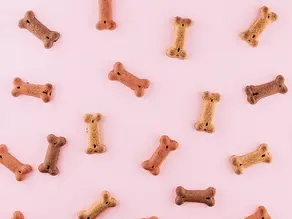top of page
Nutrition: Welcome

NUTRITION
Proper nutrition is essential for growth, so it's important to choose the right food depending on your new cat's life-stage.
Some of the best food you can offer to your pet is any food without any animal Byproduct ingredients, without chemicals, preservatives and corn! Please read the labels.
As a general rule, we promote using wet-food as the main source of nutrition for cats (90%+, if possible). When we do use dry food for our rescues, it's more as a snack, treat or meal-topper for persnickety cats that do not enjoy wet-food as much. We highly advise against Free Feeding.
Be aware that growing cats have different nutritional requirements than adult cats, kitten food is more nutrient dense than adult cat food: it contains more calories, protein, and fat, also because the correct proportions of vitamins & minerals to assist in the development of the brain, vision and immune systems of energetic, growing kittens. It's especially important to use kitten food, or even kmr milk if your kitten is newly weaned. Most of our kittens are completely weaned by 3-8 weeks depending on the circumstances of their rescue.
Cats are obligate carnivores and typically require meat protein in their diet. This protein should be of the highest quality, so choose a name-brand food specifically formulated for kittens that's made by a reputable cat food company.
Kitten food should be fed until your kitten reaches twelve months of age [18-22 months for Maine Coons].
In a pinch, you can also feed kitten food to an adult cat, or a cat who needs an extra nutrient boost while recuperating from a health issue; but preferably don't feed a kitten adult food as it won't contain the correct proportions of calories, protein, fat, vitamins, and minerals for growing furbabies as kitten food would.
Nutrition: Text

Recent posts:
Nutrition: Blog2 Custom Feed
bottom of page






